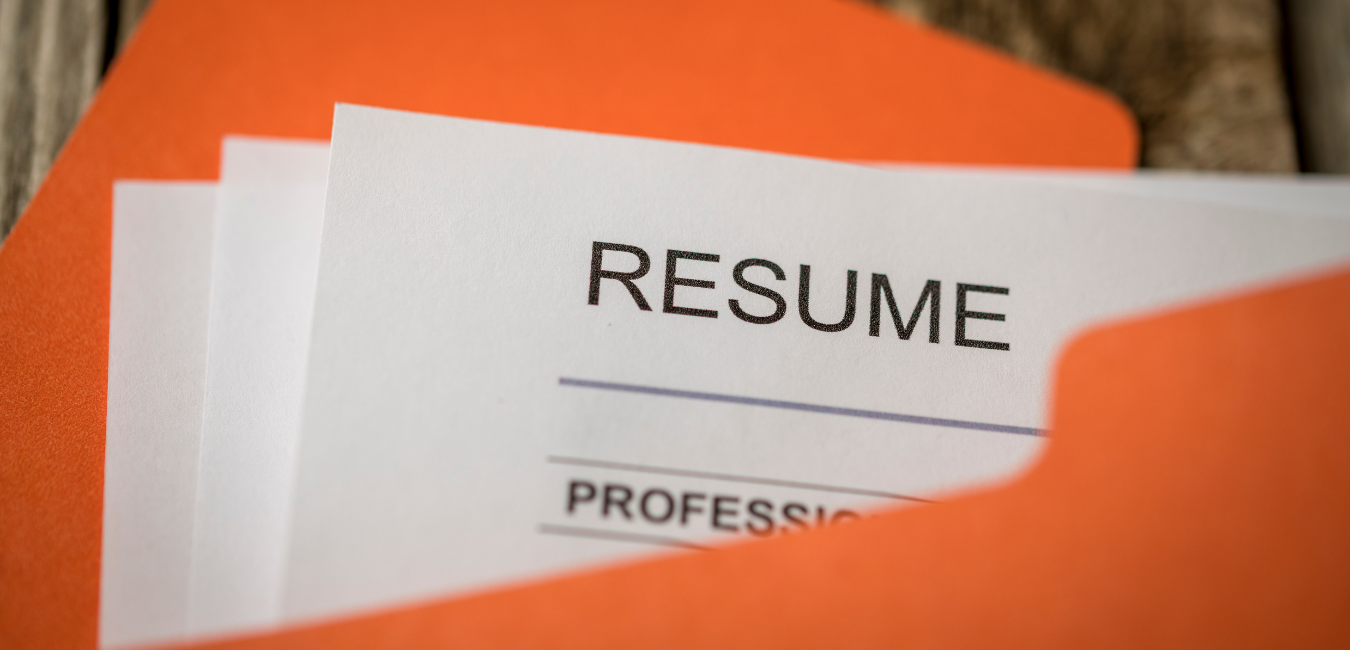With a growing demand for healthcare professionals nationwide, travel nursing has become a popular option for nurses looking to expand their experience, enjoy flexible work arrangements, possibly earn a higher wage, and explore new locations.
Whether you are an experienced travel nurse or just considering your first contract, crafting a standout travel nurse resume can help you secure the assignments you want. Here are three essential tips for preparing your resume that can improve your chances of landing your next travel contract.

1. Highlight Relevant Experience and Certifications
When healthcare facilities hire travel nurses, they’re often looking for specific skills and experience that can be immediately useful. Highlighting relevant experience and certifications allows recruiters and hiring managers to quickly identify if you’re a good fit for the role. Here’s how to make your experience shine:
Focus on Travel and Specialized Experience:
If you’ve had previous travel nursing assignments, list those first. Include the location, duration, nurse-to-patient ratio, the total number of patient beds, and the unit or specialty area you worked in. For instance, if you worked in an ICU in a high-acuity setting, mention this, as it shows your adaptability and ability to work under pressure.
Recruiters value nurses who can step into a role with minimal training, so any experience that demonstrates your ability to adapt is worth highlighting. If you have space on your resume, also list a brief description of your main roles and responsibilities.
List Your Certifications and Licenses:
Clearly list your certifications (such as ACLS, BLS, PALS, TNCC, etc.) and any state licenses. If you hold a compact nursing license or multiple state licenses, this can make you more attractive to employers. Don’t forget to list the expiration dates for each certification — keeping these current shows you’re proactive about professional development.
Quantify Your Experience:
This goes hand in hand with the above, but whenever possible, include numbers or specific details that provide context for your experience. For example, instead of saying “Experience in high-acuity settings,” say, “Over five years of experience in 20+ bed ICU with an average patient-to-nurse ratio of 2:1.” Quantifying your experience gives hiring managers a clearer picture of your capabilities.
2. Tailor Your Resume to Each Assignment
Every facility has unique needs, and a one-size-fits-all travel nurse resume might not emphasize the qualities they’re looking for. While it may take a little extra time, tailoring your resume to align with each job description can make a big difference.
Research the Job and Facility:
Before applying, ask your recruiter or take a few minutes to research the hospital or facility where you’re applying. Check their website or talk to a recruiter to understand what’s important to them. If the hospital prioritizes patient-centered care, for example, you might want to highlight your experience in similar environments or mention specific achievements in patient satisfaction. Be sure to research the facility’s mission and values.
Match Keywords from the Job Description:
As technology advances, many healthcare facilities use applicant tracking systems (ATS) to screen resumes. Including keywords from the job description in your resume can help ensure it passes this initial screening. Look for specific terms such as “ICU experience,” “emergency care,” “pediatric expertise,” or any specialties mentioned in the job posting. By including these phrases naturally within your resume, you improve your chances of being selected for further review.
Adjust Your Objective or Summary Statement:
While it may seem minor, updating your objective or summary statement for each position can give your resume a personalized touch. For example, if applying for a role in a high-volume ER, a summary like “Experienced ER nurse with over seven years in high-volume emergency settings, adept at managing critical patient needs,” will demonstrate your suitability more than a generic summary. This shows you understand the role and are serious about the opportunity. If your recruiter is submitting you to assignments, ask if she or he can assist with this personal touch.

3. Use a Clean, Professional Format and Proofread
In fast-paced fields like healthcare, first impressions matter. A clean, organized resume that’s easy to read will be more likely to catch the attention of busy recruiters and hiring managers. Formatting and proofreading may seem like small details, but they can impact how professional and prepared you appear.
Keep Formatting Consistent and Simple:
Stick to a professional, easy-to-read font like Arial, Calibri, or Times New Roman, and use a font size between 10-12 points. Use clear headings to separate sections like “Experience,” “Certifications,” and “Education.” Bullet points help make your information digestible at a glance, which is especially useful for hiring managers who are reviewing multiple resumes.
Limit Your Resume to 1-2 Pages:
While you might be tempted to include every detail of your experience, try to keep your resume to one or two pages. Focus on your last 10-15 years of experience, or the most relevant roles. Travel nurse recruiters want to quickly assess if you’re a fit for the job, so prioritizing recent and relevant information will make your resume more impactful.
Proofread Carefully:
Attention to detail is crucial in nursing, and the same goes for your resume. Even a single typo or formatting error can be a red flag to recruiters. After you’ve drafted your resume, proofread it several times or ask a friend, family member, or colleague to review it for you. Double-check your contact information as well, so recruiters can reach you without issue.

The Bottom Line
A well-crafted travel nurse resume showcases not just your skills and experience, but also your professionalism and attention to detail. By highlighting your most relevant experience, tailoring your resume to each assignment, and maintaining a polished, error-free format, you can improve your chances of landing your next travel nursing job. Following these tips can help you put your best foot forward, making it easier for recruiters to see why you’re the right fit for their team. Safe travels, and happy job hunting!
Apply with your resume and schedule a call with a Luminous Travel Staffing recruiter.


